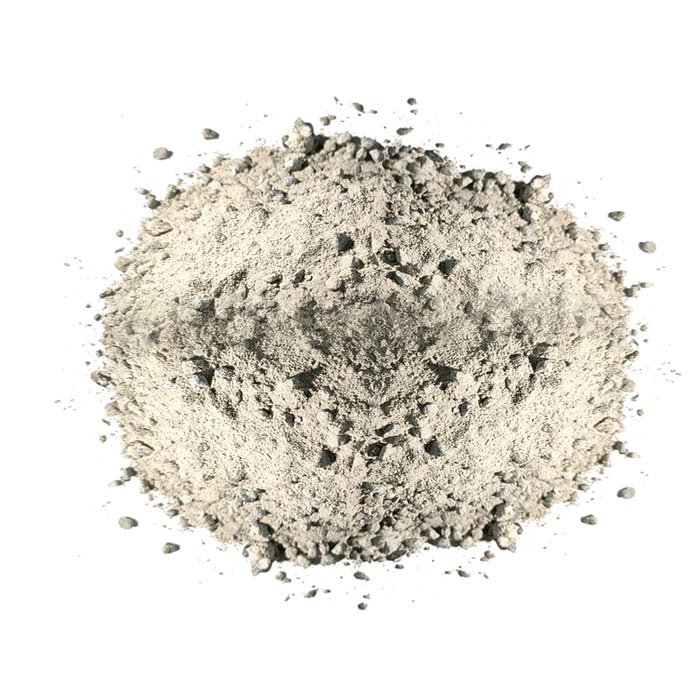Oct . 12, 2024 02:27 Back to list
tundish covering agent factory
The Importance of Tundish Covering Agents in Steel Production
In the modern steel production process, the role of tundish covering agents cannot be overstated. These materials are essential for enhancing the quality of molten steel, ensuring efficient production, and promoting environmentally friendly practices. This article explores the significance of tundish covering agents and their function in steel manufacturing.
A tundish is a vessel that acts as a reservoir for molten steel before it is poured into molds during the continuous casting process. Its main function is to maintain a steady flow of steel while minimizing turbulence and oxidation. However, the exposure of molten steel to atmospheric air can lead to harmful reactions, resulting in defects such as slag inclusion and undesirable gas absorption. This is where tundish covering agents come into play.
The Importance of Tundish Covering Agents in Steel Production
One of the primary benefits of tundish covering agents is their ability to create a protective barrier that limits the contact of molten steel with air. This barrier helps to minimize the reactivity of the steel, reducing the formation of unwanted oxides and improving the cleanliness of the molten steel. Clean steel is essential for high-performance applications, such as automotive and aerospace parts, where material integrity is paramount.
tundish covering agent factory

Additionally, tundish covering agents play a crucial role in improving the thermal efficiency of the tundish. By reducing heat loss from the surface of the molten steel, these agents help maintain optimal casting temperatures. This not only enhances the quality of the steel but also leads to energy savings, contributing to more sustainable production processes.
Moreover, the use of tundish covering agents can aid in the reduction of slag formation. Slag, a byproduct of steelmaking, can negatively impact the quality of molten steel and lead to increased production costs. Effective covering agents can minimize slag generation by creating a smoother surface on the molten steel, thus improving the overall operational efficiency of the casting process.
Furthermore, in today’s environmentally conscious world, the need for sustainable practices in the steel industry is more critical than ever. Many tundish covering agents are now being formulated to be less harmful to the environment while providing equally effective performance. This shift not only aligns with global sustainability goals but also addresses the increasing regulatory requirements regarding industrial emissions and waste.
In conclusion, tundish covering agents are a vital component in the steel manufacturing process, providing numerous benefits that enhance the quality and efficiency of molten steel production. Their capacity to reduce oxidation, control inclusions, and improve thermal efficiency makes them indispensable in today’s advanced steelmaking practices. As the industry continues to evolve, the development of eco-friendly tundish covering agents will likely play an even more significant role in promoting sustainability while meeting the demand for high-quality steel products.
-
Fe-C Composite Pellets for BOF: Enhance Steelmaking Efficiency
NewsAug.07,2025
-
Eco-Friendly Granule Covering Agent | Dust & Caking Control
NewsAug.06,2025
-
Fe-C Composite Pellets for BOF: High-Efficiency & Cost-Saving
NewsAug.05,2025
-
Premium Tundish Covering Agents Exporters | High Purity
NewsAug.04,2025
-
Fe-C Composite Pellets for BOF | Efficient & Economical
NewsAug.03,2025
-
Top Tundish Covering Agent Exporters | Premium Quality Solutions
NewsAug.02,2025
